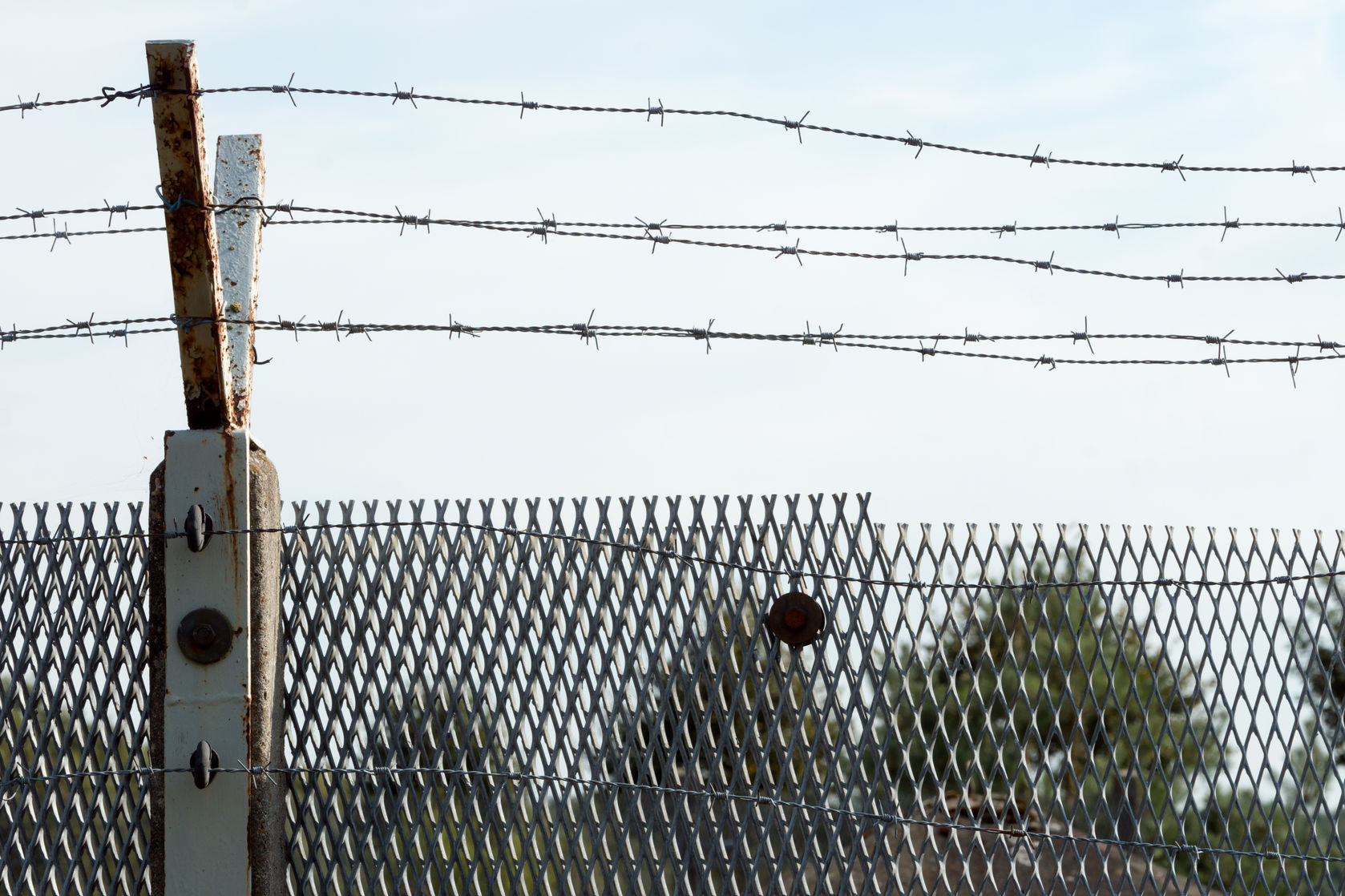Versatile British actor John Hurt passed on January 27 at the age of 77. Critics hailed his performances in films such as A Man for All Seasons (1966), Alien (1979) and The Elephant Man (1980). John Hurt was willing to take risks, just like the character he played in Night Crossing (1982), the adaptation of a true story.
Peter Strelzyk was a resident of the German Democratic Republic, also known as East Germany. This totalitarian regime, headed by the Stalinist Erich Honecker, was the most repressive of the Soviet Union’s captive nations in Europe.
People would flee at the first opportunity, at great risk, leaving everything behind. To prevent escape, the Communist regime in 1961 erected the Berlin Wall and called it the Antifaschistischer Schutzwall, the “Anti-Fascist Protection Rampart.” This was a familiar inversion of reality.
As the late American leftist Susan Sontag observed during the 1980s, “Communism is fascism.” The GDR was the fascist state, with goose-stepping troops decked out very much like those of the National Socialist regime under the Nationalsozialistische Deutsche Arbeiterpartei, the National Socialist German Workers’ Party, also known as Nazis.
In other border areas, the regime built a “death zone” bristling with barbed wire, land mines, and shrapnel guns. Peter Strelzyk saw the son of a friend shot dead by border guards, and vowed to escape. While some attempted to tunnel out, he planned to build a hot-air balloon and fly his family to freedom.
This became Night Crossing, the 1982 film from the Disney studios, with John Hurt as Peter Strelzyk, one of the few dramatic films to deal with Communist reality. Viewers get a sense of the bleakness of life under the totalitarian regime, and the constant danger. In one scene, Strelzyk calls the Communist border guards “pigs,” and Stasi spies of the “Red Gestapo,” as they were called, lurk on every hand.
Strelzyk and his friend Gunter Wetzel (Beau Bridges) build and test a balloon in secret. On September 14, 1979, against all odds, they and their families fly to freedom in West Germany. A sequel of sorts came some twenty years later.
On November 9, 1989, the Berlin Wall came tumbling down and the Communist regime, an economic basket case, promptly collapsed. In the freedom of a unified Germany the people prospered.
In 2014, leaders from many nations went to Germany to mark the 25th anniversary of the Berlin Wall’s demise. The most notable no-show was the American President Formerly Known as Barry Soetoro, who called “Pop” the poet Frank Marshall Davis, a Stalinist and security risk with an FBI file 600 pages long.
As Grove City College political science professor Paul Kengor noted in The Communist: Frank Marshall Davis: The Untold Story of Barack Obama’s Mentor, the former president’s policies bore “remarkable similarities” to the writings of Davis, a fervent supporter of Soviet colonialism.
So no surprise that the November 7 White House statement on the 25th anniversary failed to mention the USSR, Communism, or totalitarianism. The White House statement said the wall separated Germans “from family and friends” and that Germans were “trying to escape to freedom.” But the president gave no detail on what conditions the brave Germans sought to escape.
That was one of many dismal performances by the President Formerly Known as Barry Soetoro. For a more accurate portrayal of East Germany see Night Crossing. It may John Hurt’s greatest performance in a crossover role.








